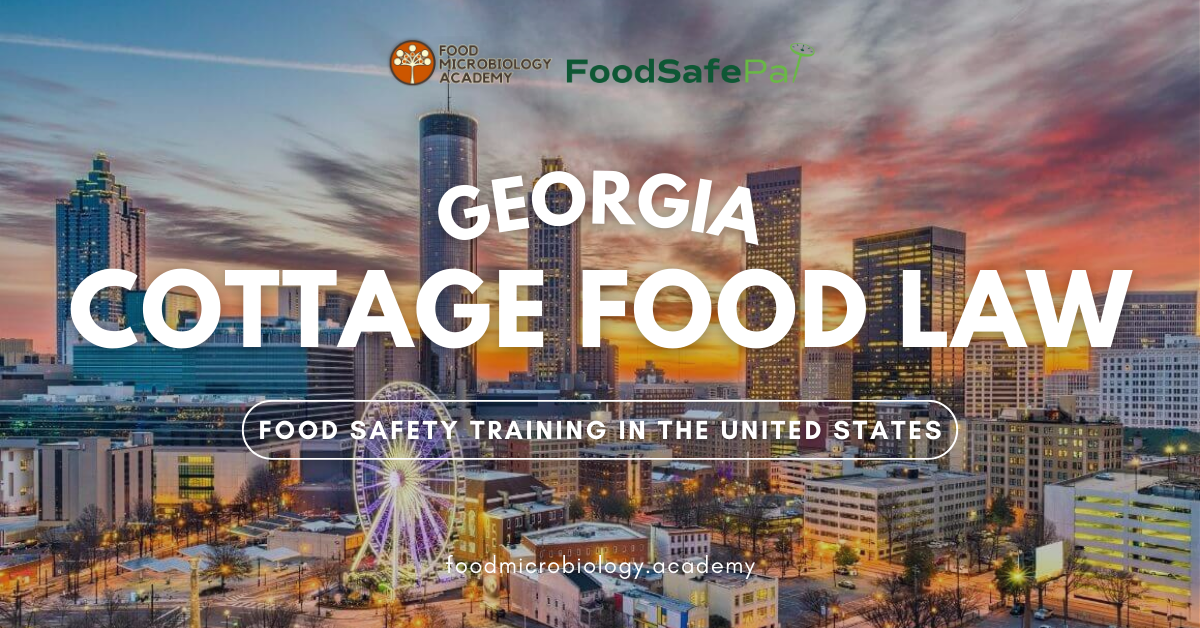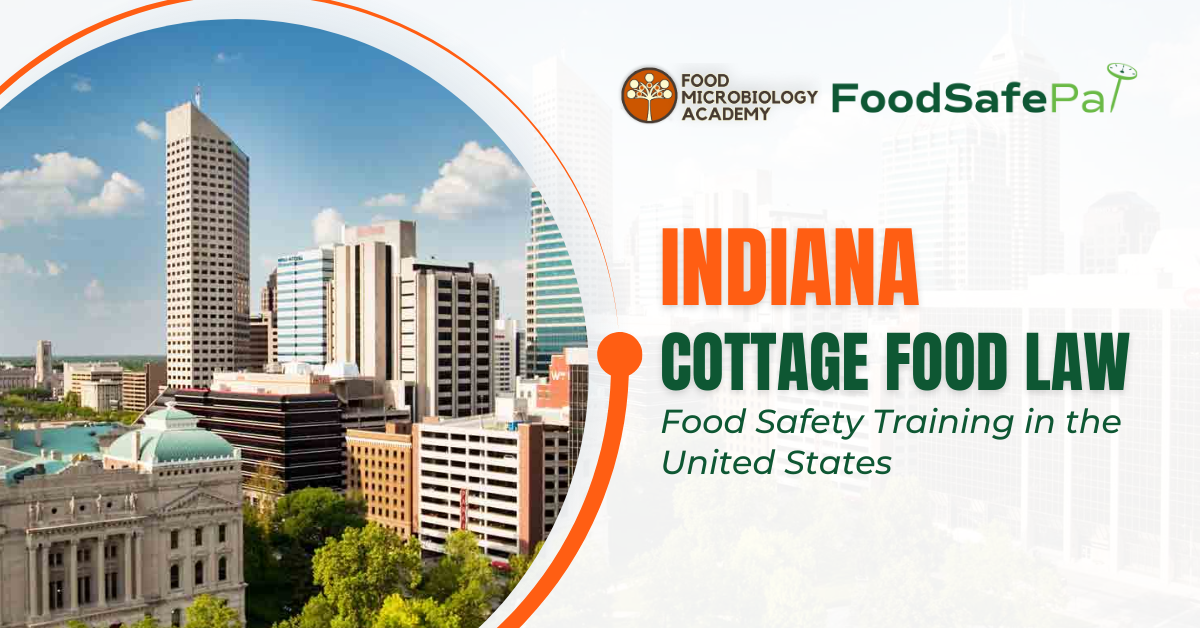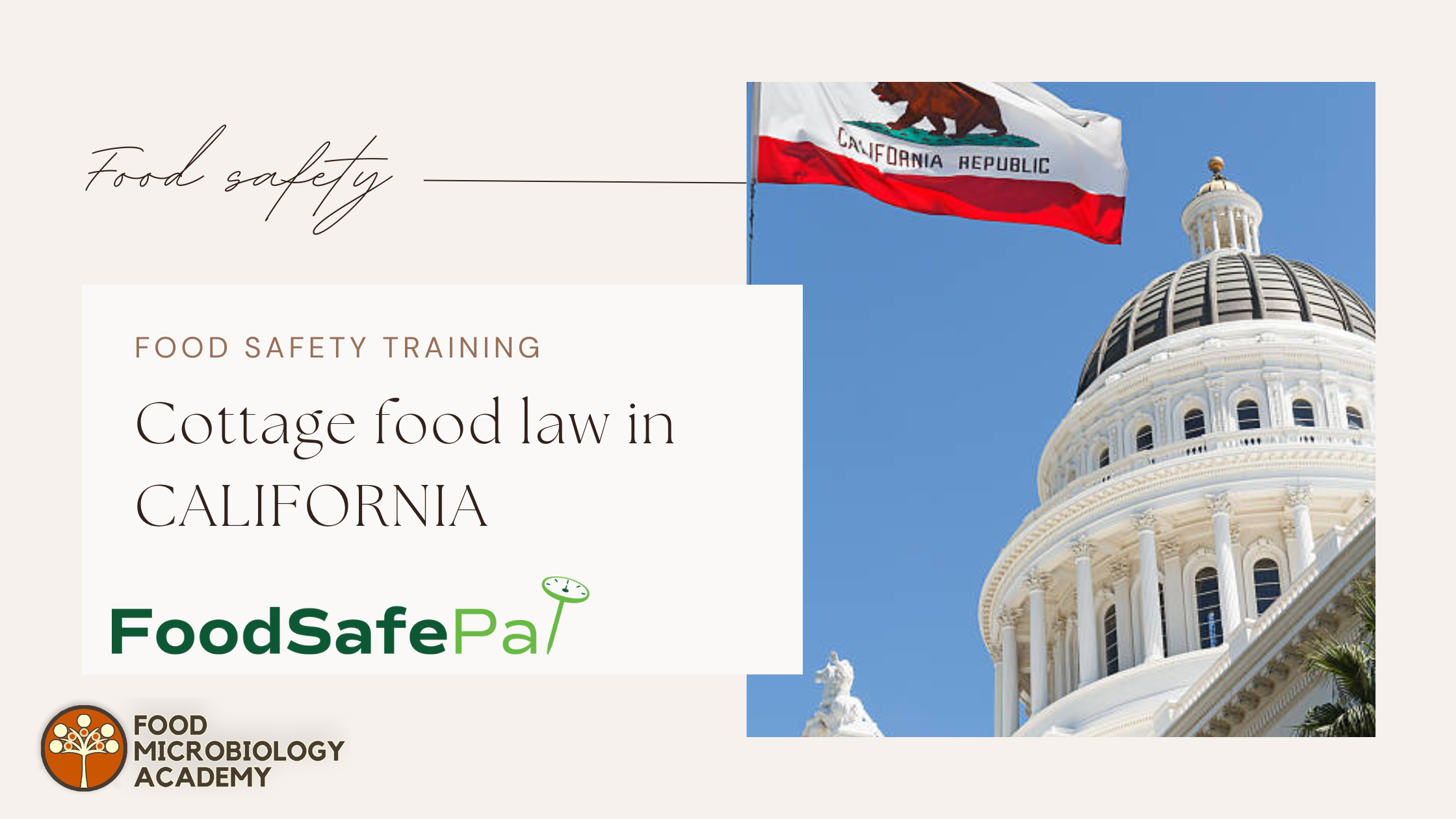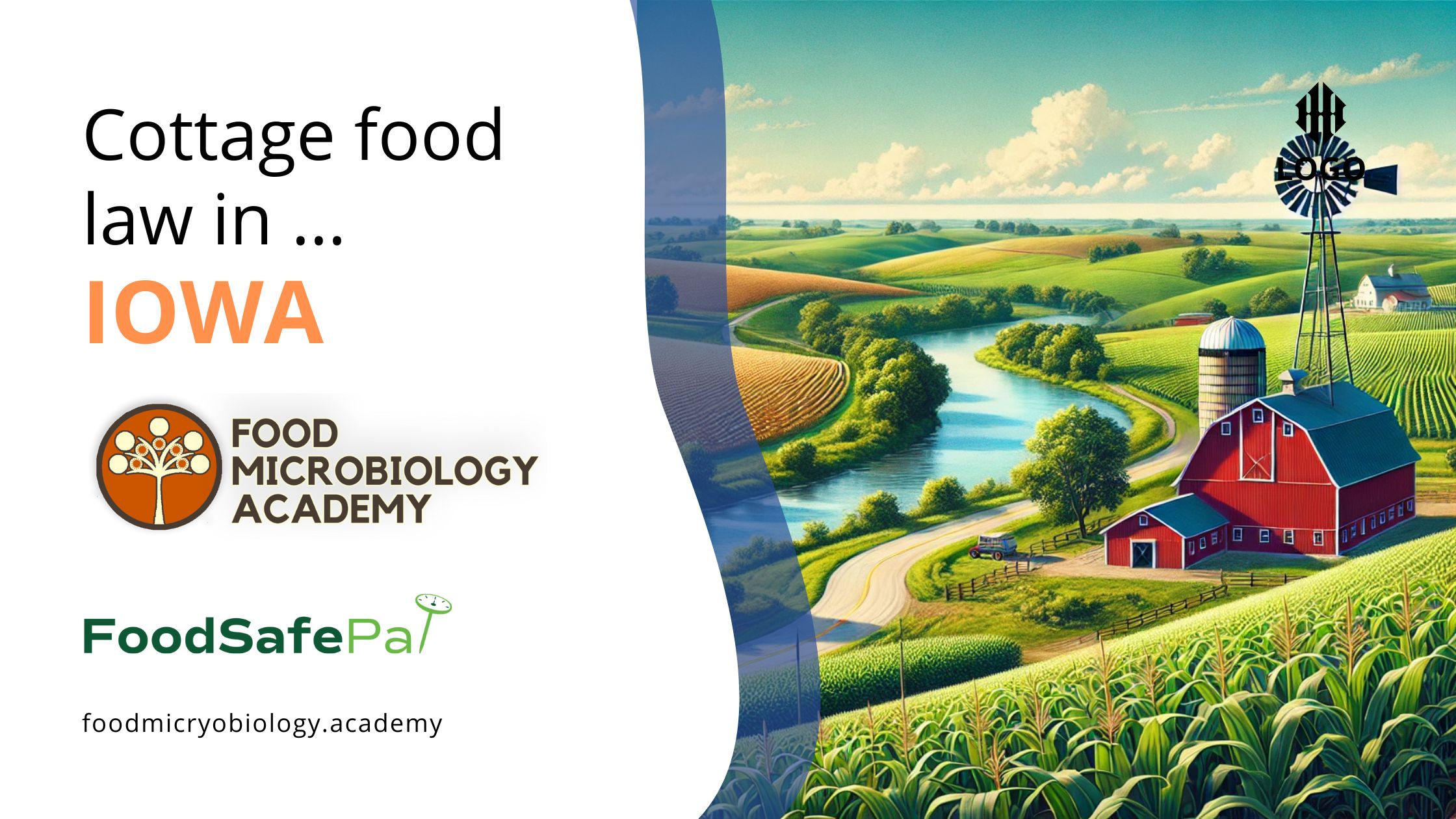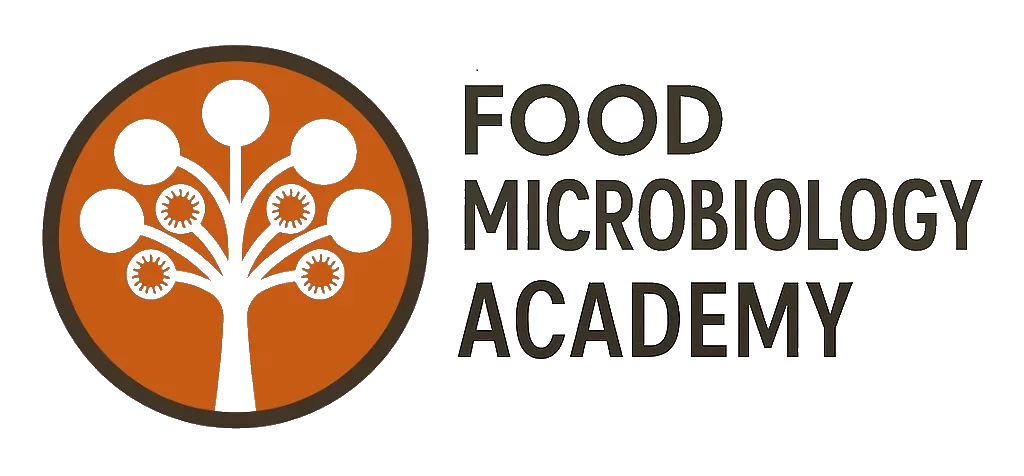Cottage Food Law in the USA State of Georgia
This article was originally published on 29 August 2024 by Gavin Van De Walle of FoodSafePal, under the title, Georgia Cottage Food Law: Food safety training requirements. It is reproduced here, with permission. FoodSafePal is a trusted collaborative partner of ours, who provides food handler training in the United States. If you need food safety training to become a food handler in the United States, then do consider FoodSafePal – they can ensure your compliance with the cottage food laws in your state. Plus, as a special bonus, if you do take up food handler training from FoodSafePal, you can obtain $5 USD off the training, just by entering the discount code ‘foodsafety1’ during the registration process. Food that you make at home and sell to other people directly is known as cottage food. Each state has its own cottage food law, regulating the types of foods you can sell, to whom and how, and even how much you revenue you can earn each year from selling cottage food. Before you can open for business, some states require that you complete a food safety course. This article discusses the Georgia cottage food law, and whether you need food safety training to sell homemade food. Georgia cottage food production Georgia allows the production and sale of homemade goods that don’t require time or temperature controls to keep them safe. Allowed foods include: bread loafs, rolls, and biscuits cakes pastries and cookies candies and confections fruit pies jams, jellies, and preserves dried fruits dry herbs, seasonings, and mixtures cereals, trail mixes, and granola coated or uncoated nuts vinegar and flavored vinegar popcorn, popcorn balls, and cotton candy Georgia allows you to sell these non-potentially hazardous foods in person, at events, and online, but you cannot sell across state lines or to retail stores or restaurants. Conversely, you cannot produce time-temperature controlled for safety (TCS), such as: meat (beef, pork, lamb) poultry (chicken, turkey, duck), including eggs fish, shellfish, and crustaceans milk and dairy products cooked, plant-based foods like rice, beans, potatoes, or soy products like tofu mushrooms raw sprouts untreated garlic and oil mixtures Georgia’s cottage food law requires a license to operate a cottage food business. These license are good for one year and must be renewed annually. To apply for a license, you must ensure there are no local ordinances that would prevent you from operating a home-based business, your water quality is acceptable, and complete an approved food safety training or handling course. Do you need food safety training to sell homemade food in Georgia? As part of your cottage food license application, you must complete an approved food safety course and provide a copy of the certificate issued upon completion. Georgia only accepts food safety training courses that are ANSI-National Accreditation Board (ANAB) accredited. FoodSafePal’s Food Handler training course is ANAB-accredited so it meets Georgia’s food safety training requirement for cottage food operators. The course was created for employees in commercial food establishments like restaurants and healthcare facilities, so some of the content isn’t applicableto cottage food businesses. However, the course still covers the essential food safety principles you must know to keep the food you produce and sell safe from contaminants and disease-causing organisms known as pathogens that can make someone sick. After completing the course, you must pass a 40-multiple-choice question test to earn your Georgia’s approved food handler certificate. You will need to include a copy of the certificate that you earn with your cottage food license application so don’t forget to print it after you pass. The bottom line Under Georgia’s cottage food law, you can produce and sell foods that don’t require time or temperature controls like baked or other dry goods directly to people throughout the state. If you want to start a cottage food business in Georgia, you must first apply for a license. With this application, you must include a copy of an ANAB-accredited food handler certificate, which you can earn by taking an online food handler training course, like FoodSafePal’s. Gavin Van De Walle, MS, RDN Gavin Van De Walle holds a master’s degree in human nutrition and food science. He is also a registered dietitian nutritionist who aims to make food safety intuitive and accessible for everyone.

